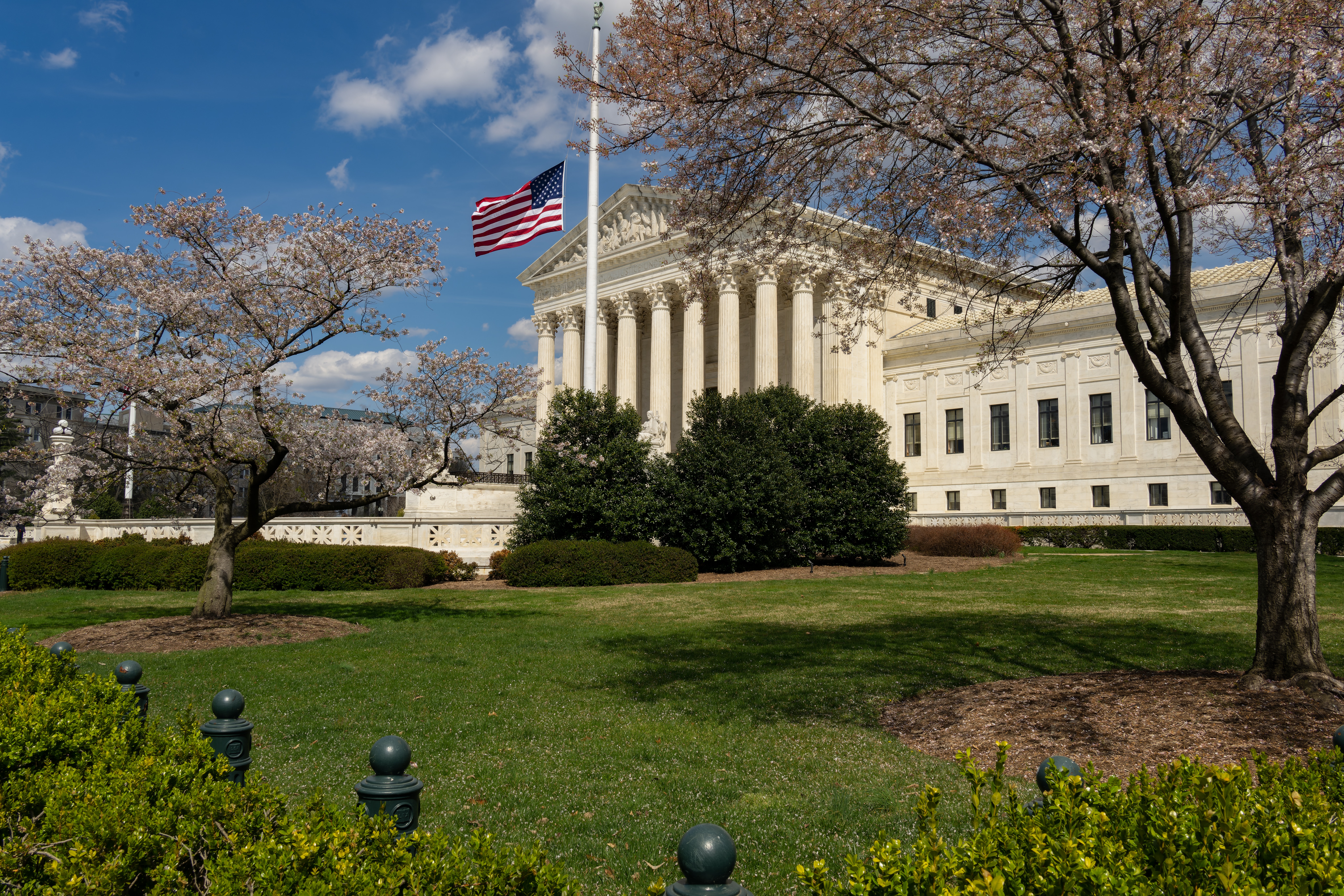Supreme Court Reinterprets Undue Hardship Standard for Religious Accommodations
As you may be aware, Title VII of the Civil Rights Act requires that employers with 15 or more employees make reasonable accommodations for employees’ religious practices and beliefs, so long as it doesn’t cause an undue hardship.
Previously, undue hardship—as it applied to religious accommodations—meant “more than a de minimis cost.” The Supreme Court has now reinterpreted undue hardship in this context to mean “a substantial increased cost in relation to the conduct of [the employer’s] particular business.”
While the term substantial isn’t defined, the Court said employers should consider the requested accommodation and its practical impact relative to the nature, size, and operating costs of their business. Note that even under the old de minimis standard, the EEOC indicated in the federal regulations that undue hardship wasn’t likely to be caused by temporary costs, voluntary or occasional shift swapping, or administrative costs.
The bottom line is that this new interpretation will make it more difficult for employers to deny religious accommodations on the basis of undue hardship. As a result, you should plan to grant most requests unless you’re certain you can show substantially increased costs.




.png)
.png)
Reply a Comment